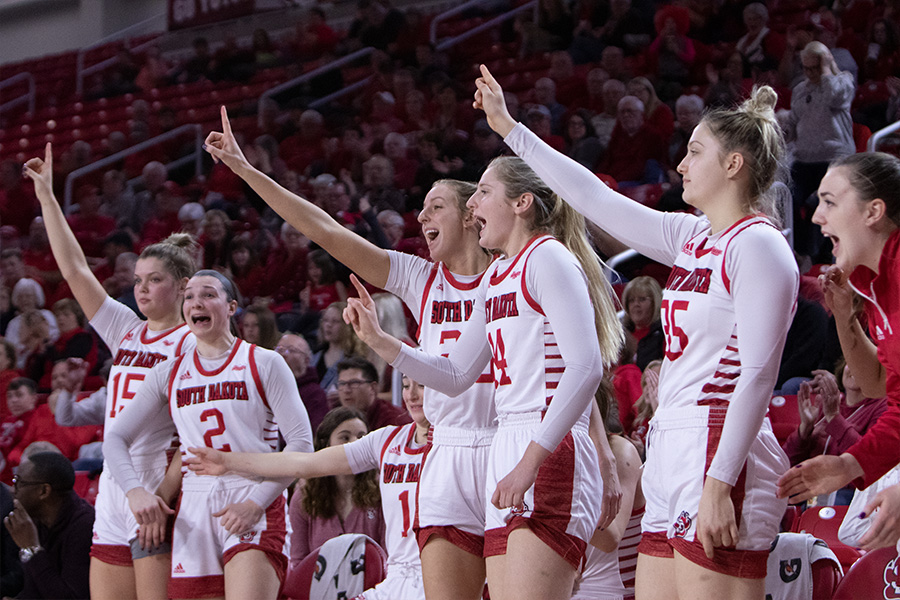No Agreement Yet On South Dakota Medicaid Expansion
PIERRE, S.D. (AP) — Democrats pushing an expansion of the state’s Medicaid program are working behind the scenes with the South Dakota health care industry to figure out a way to pay for it, but so far they’ve made little apparent progress on a deal with the Republicans who control state government.
Sen. Bernie Hunhoff, a Democrat from Yankton, said on Monday that members of the industry “working seriously” to figure out how to make an expansion happen. But with less than half of this year’s legislative session remaining, Democrats haven’t reached an agreement with Republican Gov. Dennis Daugaard or the GOP supermajorities in both chambers of the state Legislature.
“The calendar pages are flying by, but I do think we’re making good progress,” Hunhoff said. “There’s too much at stake.”
Hunhoff said a regional director from the U.S. Department of Health and Human Services is scheduled on Thursday to have an informational meeting with legislative leaders and Gov. Dennis Daugaard’s administration.
Daugaard said in a recent interview that he’s open to expanding Medicaid to cover the most vulnerable South Dakota residents, but his main opposition remains how much an expansion is expected to cost South Dakota. Under the Affordable Care Act, the federal government would cover the cost of the expansion until the end of 2016, with the federal share dipping slightly each year afterward until it settled at 90 percent in 2020.
In rebuffing Democrats’ calls for an expansion leading up to the 2015 legislative session, Daugaard cited a 2013 study his administration commissioned that found an expansion would add about 48,500 newly eligible people to the program and cost the state more than $100 million through 2020.
“It’s the (state) percentage that’s the problem,” Daugaard said. “We just simply can’t afford it.”
His administration worked on a partial Medicaid expansion in 2014 that would have covered people up to 100 percent of the federal poverty level since residents above that threshold are eligible for marketplace subsidies, but federal officials didn’t agree to the proposal.
“I am personally aware of people who are above the poverty level, well above it, and choose not to insure themselves,” Daugaard said. “They just simply would rather spend the money on other things, and that’s fine. That’s a choice they make. But, does that mean that the government should fill that breach? I’m not sure that it should.”
His administration plans to seek in March or April an updated assessment of what the expansion population looks like in the state after two Affordable Care Act open enrollment periods have passed. Daugaard said he wants to know where the newly-eligible people are located and a better sense of the expansion group’s demographics to “help us evaluate the expansion with intelligence.”
Daugaard’s not optimistic, but said he’s open to an expansion if lawmakers can find a realistic way to address the costs. That could include a tax hike if those who are being taxed support the increase, he said.
Scott Duke, president and CEO of the South Dakota Association of Health Care Organizations, a state health care organization trade group, said it has backed an expansion of Medicaid since the Affordable Care Act’s inception.
“We’re monitoring closely, and we would look for the opportunity to aggressively support (an expansion) if there is the opportunity to do that,” Duke said.

